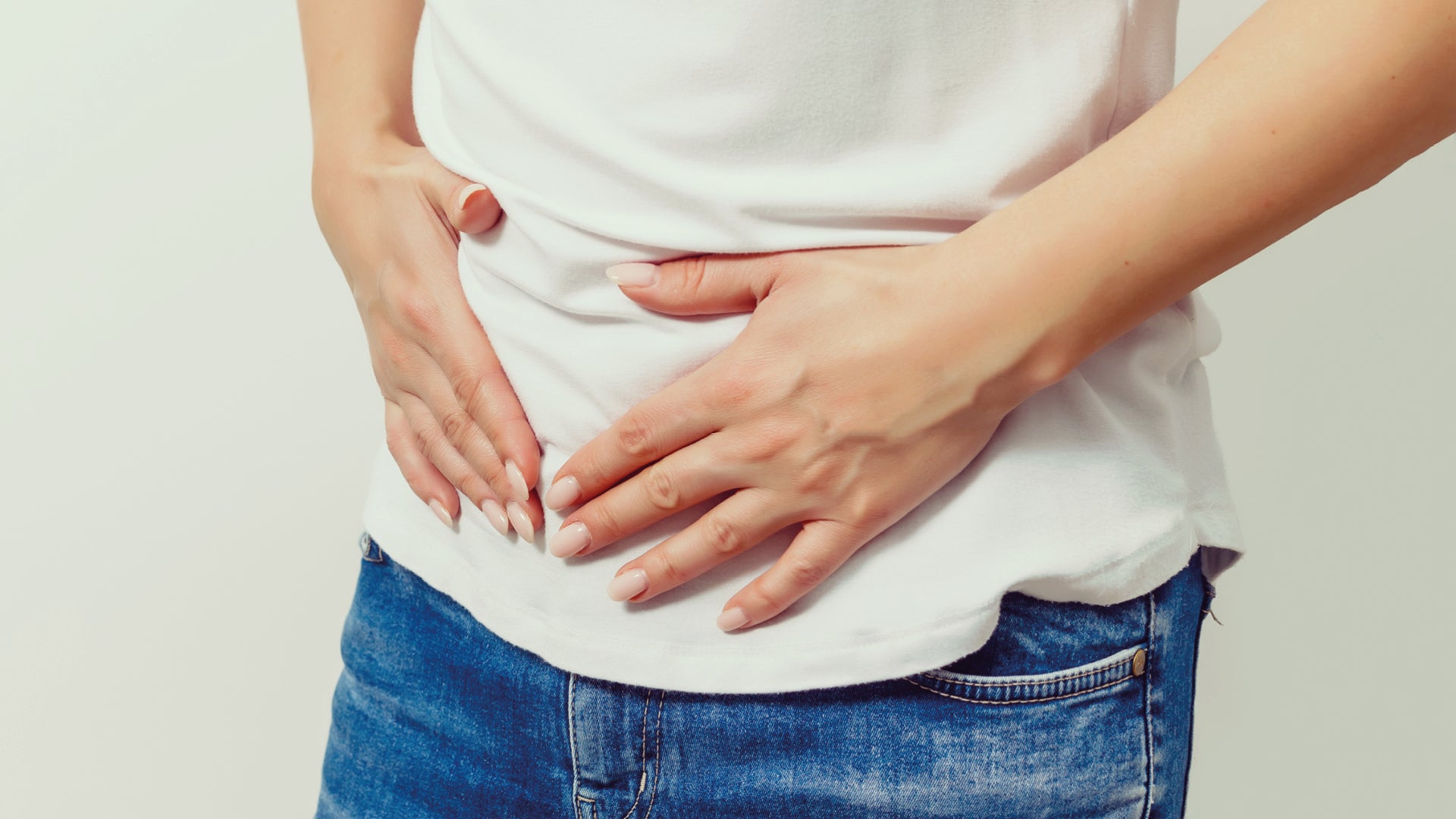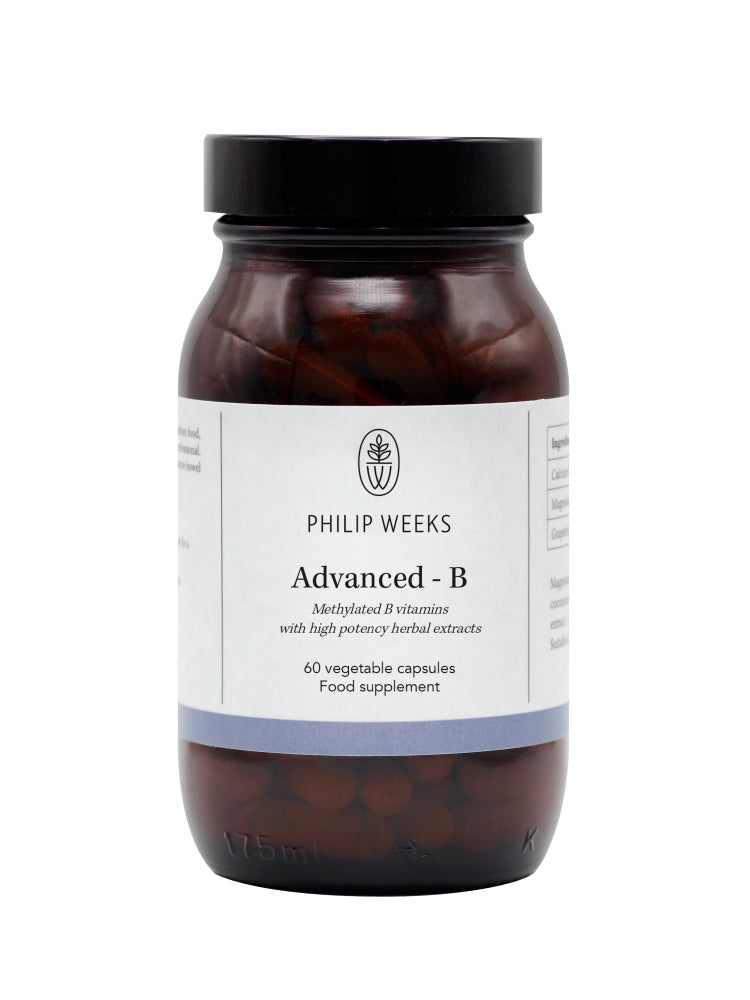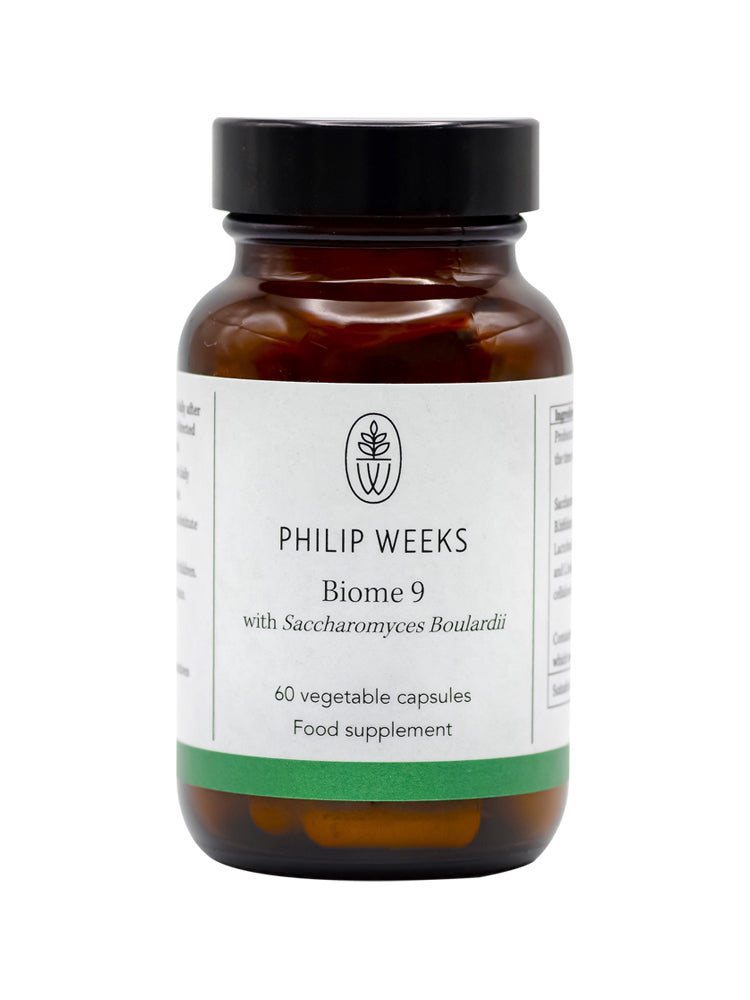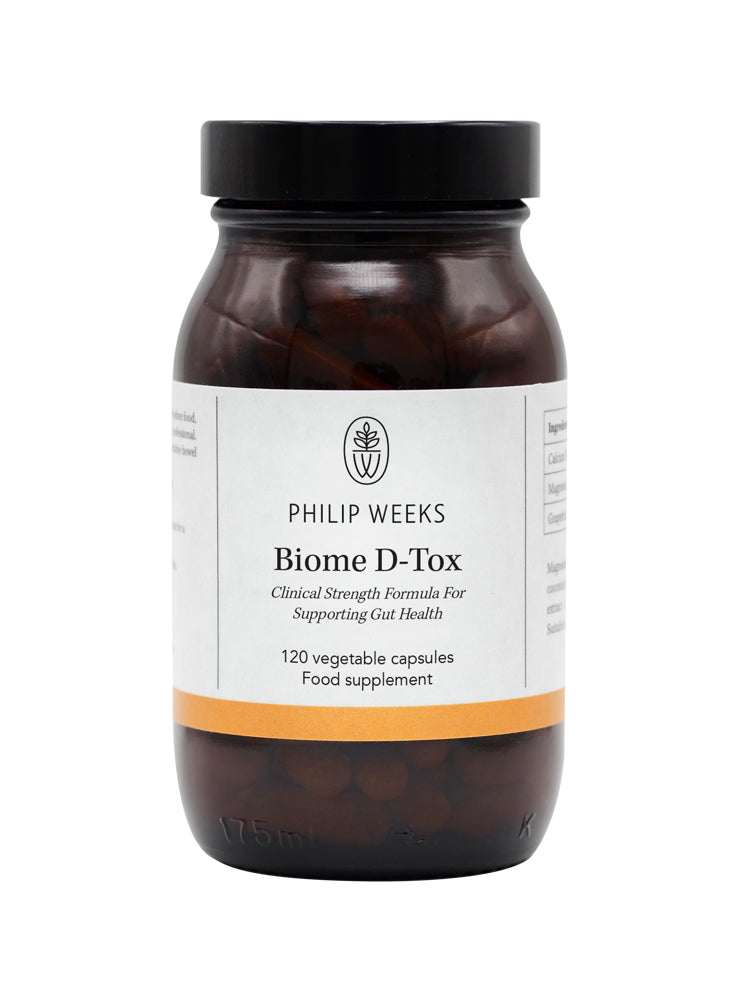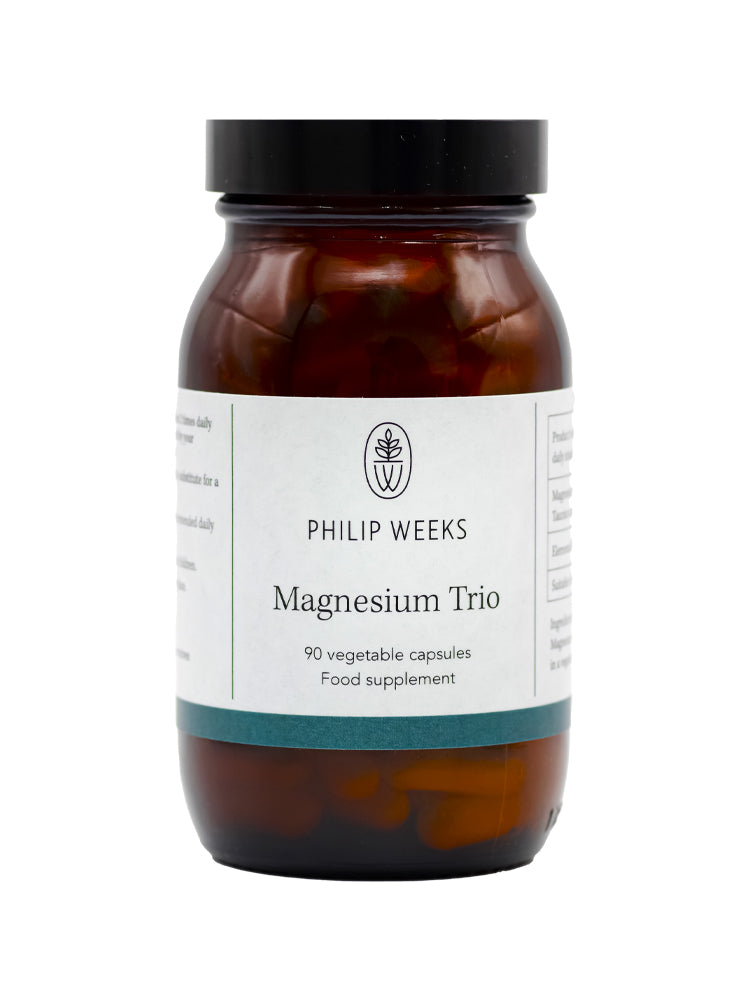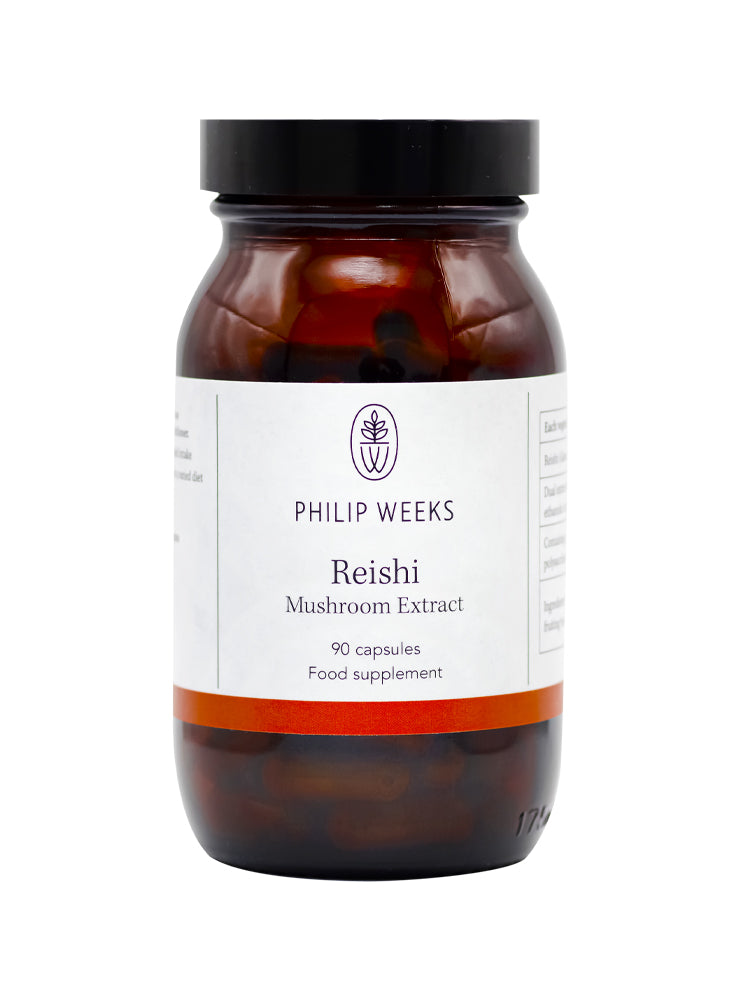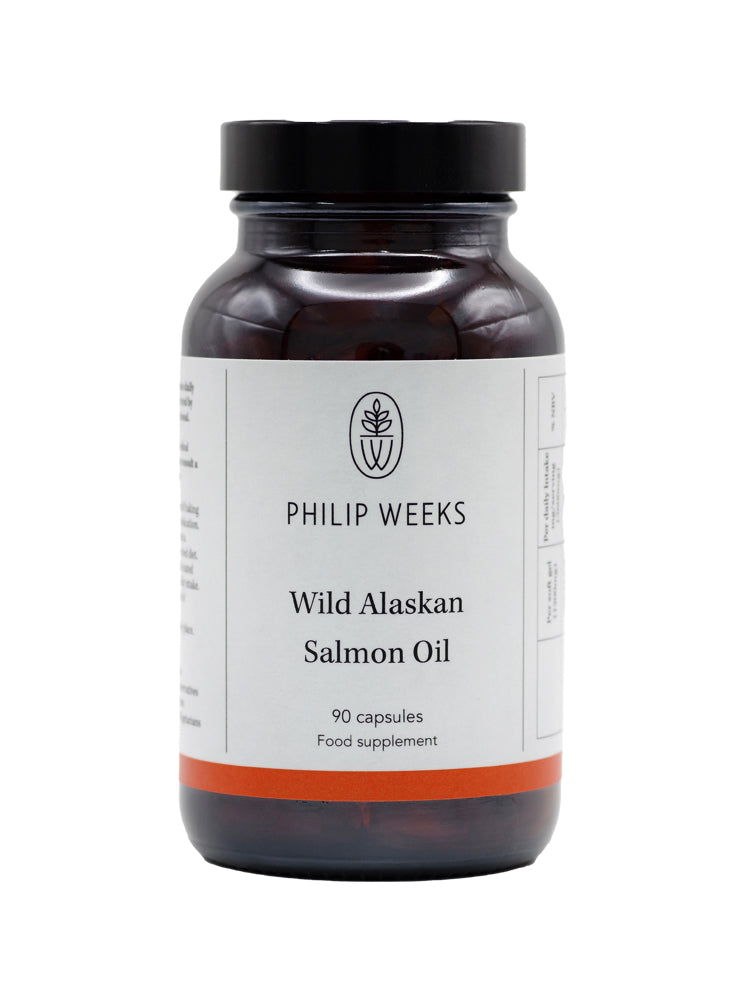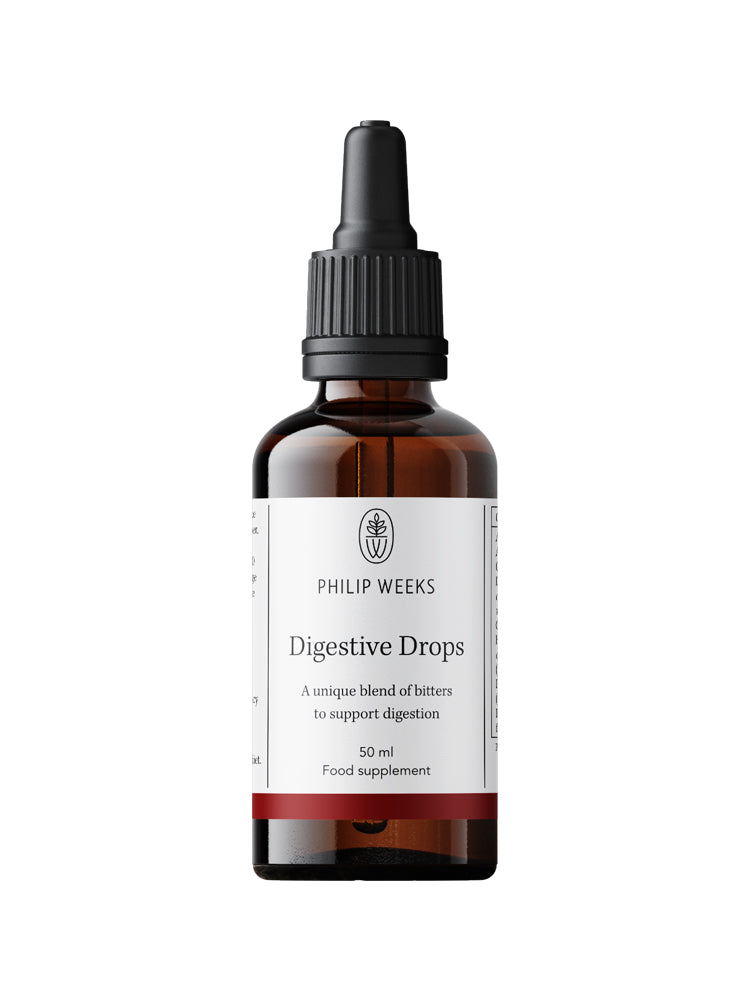A healthy digestive system is the foundation of the health of our whole body.
Digestive imbalances can give rise to all kinds of symptoms and disorders which may initially seem unrelated.
Complaints such as irritable bowel syndrome, fatigue, hormonal imbalances, skin conditions, headaches, low mood often have their origins in a digestive function which is under-par.
In this health hub I am going to focus on the role that the stomach has in digestive health and how it is vital that it is functioning optimally.
The Stomach
Digestion begins when we see, smell and anticipate food. Our digestive juices start flowing and our body prepares for a meal. In ancient medicine it is known that the more appetising our food looks and smells, the increased capacity we have to digest it.
The action of chewing is one of the most important aspects of digestion. Enzymes in saliva begin to break down starches as the digestive process begins. Upon swallowing our food, it passes from the mouth down through the oesophagus into the stomach. Usually, food stays in the stomach for about 2 hours whilst it is being broken down.
In the stomach there is a concentration of hydrochloric acid, which is produced by the parietal cells of the stomach lining. The pH of this acid should be between 1.8 and 2.6. This is incredibly acidic; if you got it directly on your skin it would burn. If it weren’t for the presence of a layer of mucous coating the stomach would, essentially digest itself.
The Hydrochloric acid (HCL) serves several functions. This bath of acid enables the proteins to be broken down into the individual amino acids so that they can be digested by the enzyme, pepsin.
HCL also serves to kill many pathogens, such as bacteria, viruses, yeast and fungi. It is an important defence to stop us getting food poisoning and even has a protective role against contracting respiratory infections. For example, e-coli doesn’t survive below a pH of 3.5.

What happens when you have low Hydrochloric acid?
There are two main problems that occur when the HCL is insufficient: that of absorption and preventing infection.
In the situation of low HCL (hypo-chloridia) or no HCL: (a-chloridia) the first stages of digestion do not happen properly. If there is not enough acid, then also there will be shortages in the production of pepsin. This means that the protein isn’t getting broken down efficiently into the individual amino acids. Which can result in us not having enough of the protein we need as well as other nutrients and trace elements.
What causes low HCL?
- As we age, the parietal cells became less efficient at producing HCL. By the time someone is 50 years old the HCl levels usually begin to decline and by 60’s and 70’s the majority of people are not producing enough.
- There are a number of medications, which are prescribed for symptoms of ‘indigestion’ and gastric reflux such as proton pump inhibitors (PPI’s). They reduce the production of HCL by the parietal cells. This can reduce the pH of the HCL to around 3.5 or even more alkaline and they are commonly taken long term.
- Alcohol disturbs HCL balance because it reduced the output of the parietal cells.
- Poor diet: A low protein diet and one that is high in processed foods, sugar, and refined carbohydrates can result in reduced stomach acid production.
- Chronic stress can lead to a decrease in stomach acid.
- Deficiency of certain nutrients, such as zinc, can reduce HCL production. This can cause a cycle of further deficiency.
- Other factors that can play a part, consumption of antibiotics, mercury amalgam fillings, gum disease, sleep apnoea and a genetic predisposition.
- Helicobacter pylori (H. pylori) is a bacteria that can cause inflammation of the stomach lining, leading to decreased stomach acid production. When we test our patients, we find this quite often.
What happens if we have low HCL
As mentioned, the acid in the stomach enables us to breakdown food stuffs, so that it can be properly absorbed. Low HCL commonly causes vitamin and mineral deficiency. Low vitamin B12 is a particular problem, as low HCL means low intrinsic factor levels. This is co-factor produced by the stomach cells that enable this nutrient to be absorbed later on in the digestive tract.
HCL protects us from the infiltration of dangerous parasites, yeasts, fungi and bacteria. If the pH of the HCL isn’t acidic enough we will then be prone to diarrhoea and upset digestion, as the hydrochloric acid isn’t acidic enough to kill the bad guys.
Food that is not effectively digested in the stomach puts an added burden on the small intestine and gut. This can cause dysbiosis, a situation where there is an imbalance of bacterial flora. It can also give rise to SIBO or Small Intestinal Bacterial Overgrowth. There can also be gut permeability syndrome where the wrong particles of the food begin to get absorbed, creating allergic reactions in the gut. Some research suggests that this is linked to the manifestation of rheumatoid arthritis and other auto-immune disorders.
What about acid reflux?
Contrary to popular belief, insufficient stomach HCL can contribute to acid reflux or GERD (gastroesophageal reflux disease). This may seem counterintuitive since acid reflux is typically associated with an overproduction of stomach acid. However, when there isn't enough stomach acid present, the lower oesophageal sphincter (LES) - the muscle at the bottom of the oesophagus that keeps stomach contents from flowing back up into the oesophagus - may not function properly.
When the LES isn't functioning properly, stomach contents can flow back up into the oesophagus, causing the symptoms of acid reflux. Therefore, low stomach acid can lead to delayed gastric emptying, which means food stays in the stomach longer than it should, increasing the likelihood of acid reflux.
Furthermore, without sufficient stomach acid, the food that enters the stomach may not be properly broken down, leading to an imbalance in gut bacteria and fermentation of undigested food. This can cause gas, bloating, and further irritation of the oesophagus, exacerbating acid reflux symptoms.
Low HCL also results in some degree of malnutrition:
Such as deficiency of:
- B vitamins especially B12
- Minerals such as:
- Iron, zinc, magnesium, calcium and copper
- Protein
All manor of symptoms and problems:
- Acne Rosacea
- Eczema and skin conditions
- Feeling of excessive fullness after you eat
- Increasing number of food sensitivities and allergies
- Persistent yeast infections, especially those triggered after eating yeast
- Problems with appetite, excessive or lack of appetite
- Quick onset of bloating upon eating
- Regular feeling of nausea after eating
- Thread veins on the face
- Unexplained hair loss and thinning
- Weak, thin and or peeling fingernails
- Unexplained anaemia
- Underweight, even though eating enough calories
Some practitioners have linked it to:
- Autoimmune diseases
- Arthritis
- Chronic Fatigue
- Degenerative Disorders of all kinds
- Gut Permeability Syndrome
- Osteoporosis
Susceptibility to infections;
- Yeast
- Fungi
- Parasites
- Bacterial
- Viruses
The Acid Test
There is a test, which can easily be done at home that I have found useful.
You need to purchase some unopened Bicarbonate of Soda. If you use some which has been in your cupboard for a long time it will have absorbed moisture and won’t be as accurate.
First thing in the morning, on an empty stomach, before eating or drinking anything place ¼ tsp of Bicarbonate of Soda in 250ml (8 fl.oz) glass of water. Drink the mixture. Then with a stopwatch, time how long it takes to begin belching.
1 to 2 minutes: normal HCL levels
2 to 3 minutes: normal to slightly low levels
3 to 5 minutes: hypo-chloridia, low levels
5 minutes or more: a-chloridia potentially no HCL.
If there is enough hydrochloric acid then you will normally start belching within 2 minutes. The belching is caused by carbon dioxide gas created by a chemical reaction between the HCL and the bicarbonate of soda.
Restoring healthy acid levels
In ancient medicine the ‘fire of digestion’ is seen as one of the most important factors in maintaining good health. It is an analogy for the overall power of our digestion. In modern language it translates to our HCL, digestive enzymes and absorption that food undergoes. There are a number of simple ways which can help restore the HCL and the vitality of our digestion.
Apple Cider Vinegar
This traditional remedy involves taking at least 1tsp of cider vinegar in a 100ml of water, 5 minutes before each meal. This can be increased up to 2 tablespoon per dose. The pH of cider vinegar is about only 2.5, but it still seems to be very helpful. Try and get apple cider vinegar which has ‘the mother’ in it, as this helps to keep the pH at its optimum acidity. Many people find this does help their digestion, and after a few weeks do better on the acid test.
Herbs
- Taking herbal bitters can stimulate digestive function and can be taken before food to promote digestion. The herb Meadowsweet seems to be able to regulate HCl levels, either increasing them if too low, or decreasing them if too high. I have created the ‘Digestive Drops’ for this reason.
- Adding black pepper can dramatically increase the absorption of nutrients. Using fresh ginger in tea and in food on a regular basis.
- Our Detox Tea, that contains herbs such as cardamom, ginger, clove, fennel and cinnamon. Drink at least 3 cups a day.
Eating
Our digestive system responds well to a regular routine. Make sure that you eat at least two out of three meals, at the same time every day. The most important being, your midday meal and not eating too late at night. Sitting down to eat, in a relaxed environment being of utmost importance.
Chewing your food thoroughly gives your body a chance to produce sufficient digestive fluids and means it is easier to digest.
Other Treatments
It is possible to take a supplement called Betaine Hydrochloride for those with a more persistent problem. This is a strong remedy and should be taken under professional supervision. I have found that gradual changes with food, herbs and supplements usually works well.
Any persistent digestive symptoms should always be checked by your GP to rule out anything more serious which might be going on.

